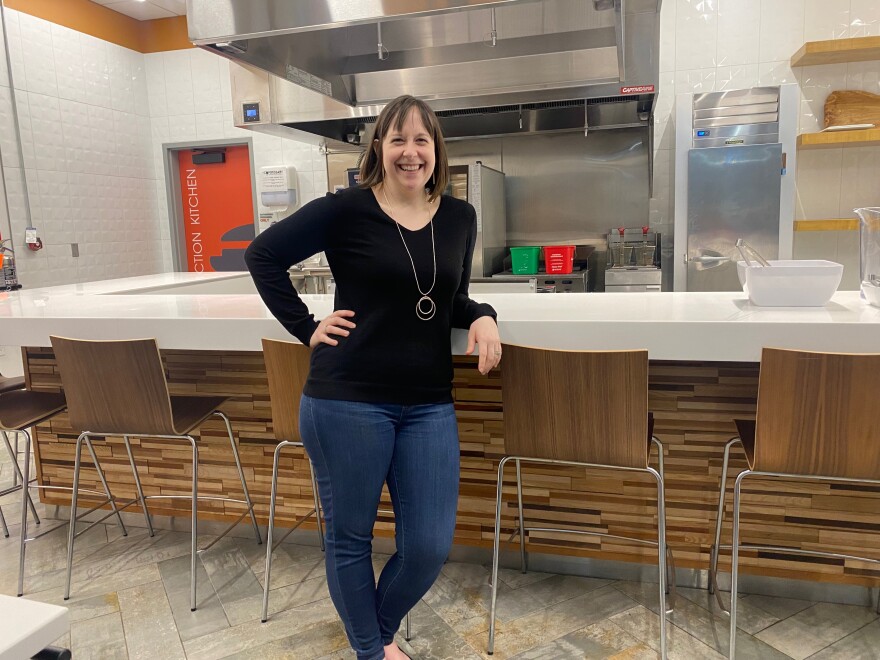DeCarlis Madison can see the strip of bars and restaurants when he looks out the living room window of his East Avenue studio apartment.
“At night, the temptation is real,” he said.
Madison, 43, identifies as a former functioning alcoholic. He said drinking was his escape.
“It's scary to have to deal with the realities of life, and being sober means you have to deal with them,” he said.
Using alcohol as that escape became the reality for many Americans during the COVID-19 pandemic. According to the U.S. National Institute on Alcohol Abuse and Alcoholism, alcohol sales skyrocketed by 20% to 40% nationwide.
But for Madison, the pandemic provided a vital reset button.
During the shutdown, he was able to assess how drinking affected his life. He said booze led him to make bad decisions, from drunken driving to altercations that put him behind bars multiple times.
“I haven’t been to jail in about 10 years, but all those times I’ve been arrested, I’ve never been sober,” he said.
After a few failed attempts at sobriety, he’s now proud to announce that he hasn’t had a drink in two years -- the longest he has ever stopped drinking.
“I think the pandemic did a lot for a lot of people, some good and bad, but for me, it did save my life,” he said.
As we enter a new phase in the pandemic, many people are being more intentional with their sobriety. Initiatives like Dry January -- a month dedicated to not drinking -- have grown in popularity.

And sober bars are popping up nationwide, with at least one here locally operated by Meg Hartman and her husband, Bob.
They were appalled by the lack of social options for people who don’t drink.
“We were like, where's the inclusivity for people who don't drink?” Meg Hartman said. “Why is there this whole culture around drinking? And why aren't people thinking about people who don't drink?”
The husband-and-wife team used these questions as motivation to open AltBar, an alcohol-free mobile bar, which is short for “Alternative Bar.”
Hartman said she started drinking too much herself during the pandemic and wanted to create an experience that was still social -- but not harmful.
“You have to go into it with the mindset of, ‘I'm going out to enjoy a really good drink,’ not, ‘I'm going out to get a buzz,’” Hartman said. “That is a big shift that has to happen in your mind when you drink these mocktails.”
Hartman said she understands that this environment may be a trigger for those who are still in the early stages of recovery, and she doesn’t want to solicit those who would be uncomfortable in a bar setting.
“We certainly don't want to push anyone out of recovery. That is something that we are very intentional about,” she said.
For those looking to avoid the bar scene altogether, ROCovery Fitness is another outlet.
Executive Director Jon Westfall said the organization’s mission is to promote sober living by building a community of people interested in physical activities who also support each other.

“We go camping, we go running, I teach a boxing class, we do kettlebell, we do like all these different things -- and in the meantime, we're connecting,” Westfall said.
He said establishing a rapport with individuals who are on a similar journey is the most important part of the experience.
“We can go an entire weekend without ever talking about alcohol or substances, but there's just sort of a shared understanding of the difficulties,” he said.
Westfall said since the pandemic, he has seen an increase in membership, but also an increase in people relapsing. But he added that recovery is an individual journey, and what works for one person may not work for another.
He said he and his team take it one success story at a time.
“It's what keeps us all energized and coming back day after day,” he said. “Because even to see one person completely turn their lives around is amazing.”


